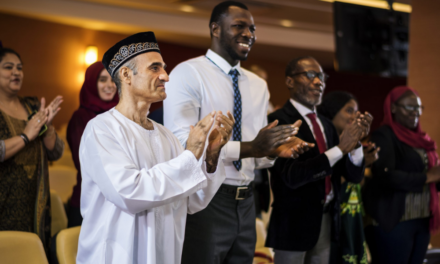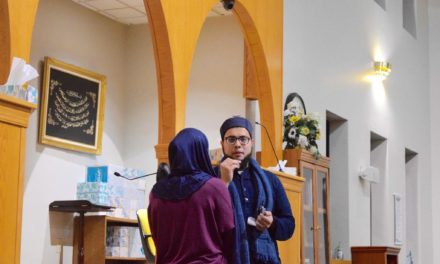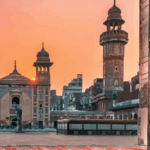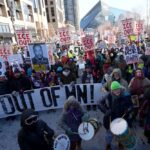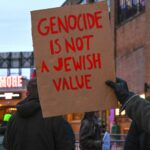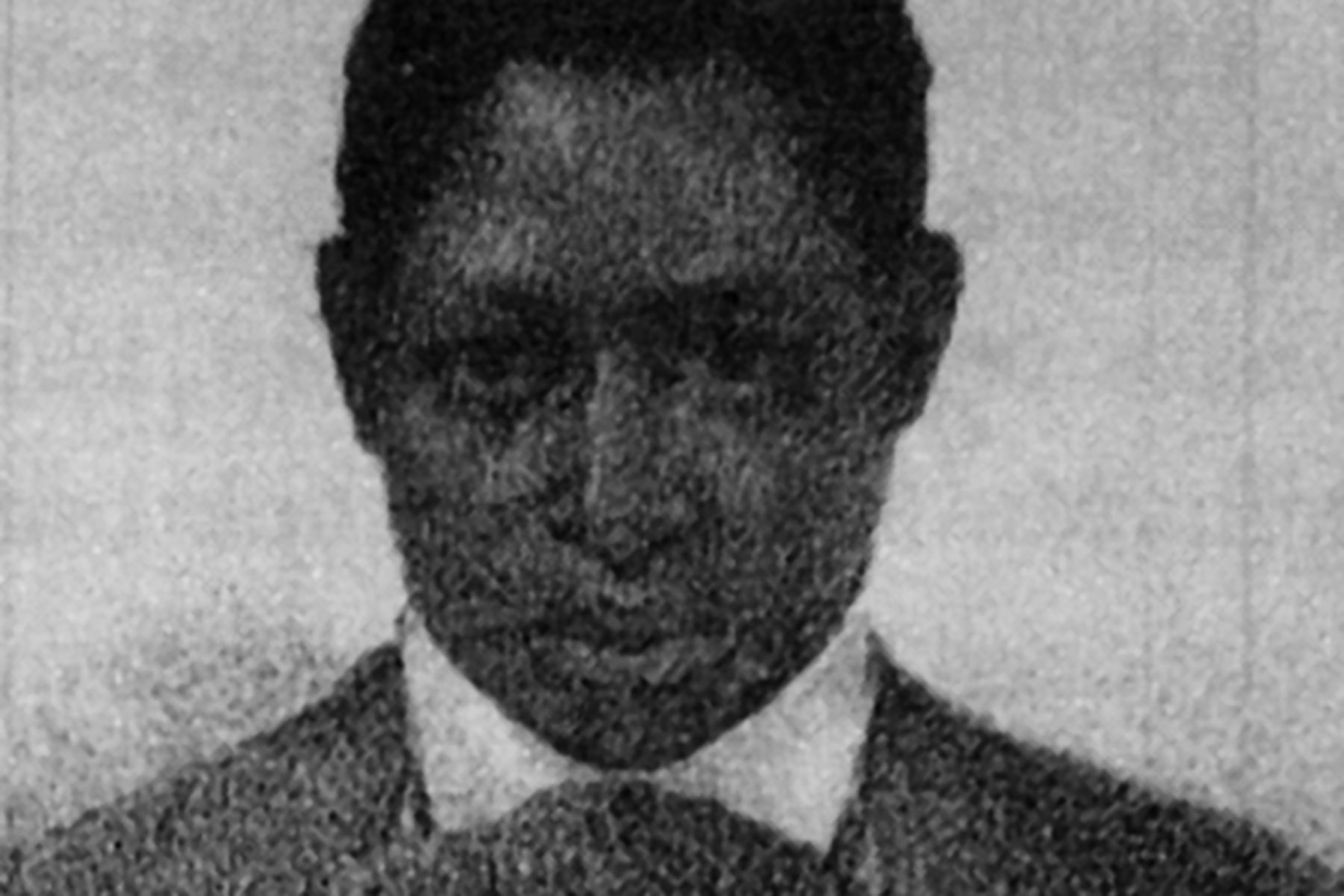
Black History Month is an annual observance in February that started as a way of remembering important people and events in the history of the African diaspora. This biography is part of a series that features well known enslaved African Muslims.
Mahommah Gardo Baquaqua was born in Benin around 1820 to a Muslim merchant family. As a young boy, he was sent to school to become a Sheikh. During this period of time, he ran away repeatedly, disliking what was planned for him. Soon later, Baquaqua became a palace servant for the king of Benin. He befriended an envious group of men who got him drunk and sold him to a slave trader. He was sold to Portuguese slave dealers until he arrived in Brazil.
In Brazil, he was purchased by a Roman Catholic baker who physically abused him when failed to sell bread. Attempting and failing to drown himself, the baker soon sold him off to a slave dealer where he was then bought by a captain. At this point, Baquaqua recalls his master tying him to a cannon and making three women beat him, leaving Baquaqua weakened and disabled for days.
Baquaqua learned before the voyage that New York was the land of freedom and, therefore, once the ship arrived in New York, he escaped. He attempted to appeal for his freedom, but when it was denied he was sent to prison. However, he managed to escape to Boston and then made his way to Haiti. Soon, Baquaqua returned to New York, where he received a college education, and finally making his way into Canada where he collaborated with local writer, Samuel Moor, to write and publish his biography.
This biography begins by introducing the life, culture and geography of West Africa. In his biography, Mahommah described the life of slavery to be a state of extended, “suffering and fatigue,” along with, “loathsomeness and filth.”
Since the first colonists arrived to settle in North America, Islam was part of the continent’s religious fabric. The Islamic teachings brought by enslaved Africans did not survive long within plantation communities, but there remains evidence in documents and traditions of its existence. It has been estimated that 30% of African slaves brought to the New World were Muslim, but the exact number transported is unknown.
Muslims first came to North America in the 1500s with colonial expeditions. They were an integral part of mapping the country. African Muslims later fought alongside colonists during the Revolutionary War against British rule, when America struggled to become an independent nation. The founding fathers were aware of Islam and the existence of Muslims in America. Thomas Jefferson, who owned a copy of the Qur’an, included Islam in many of his early writings and political treatises.
